Politician Tulsi Gabbard, ‘West Side Story’ star Rita Moreno among influential women from U.S. territories
While women in the United States celebrated obtaining the right to vote in 1920, women in the country’s territories stood on the sidelines – and to this day, many are still waiting there.
People in the U.S. territories can’t practice all the rights granted by the law. For example, residents in U.S. territories can’t vote for the U.S. president, and they don’t have representation in Congress.
But thanks in part to the efforts of women who fought to expand voting rights, today people on these islands can at least practice their right to vote for governors, senators, representatives and local officials.
Women in Puerto Rico obtained the legal right to vote in 1935, while women in the Northern Mariana Islands had to wait until 1978. In 1950, President Truman signed the Guam Organic Act, which established a government in Guam and declared those born there to be United States citizens; the act also granted women the right to vote. Women in the U.S. Virgin Islands – composed of St. Croix, St. John and St. Thomas – were granted the right to vote in 1936 after the ratification of the Organic Act established the executive, legislative and judicial branches of the U.S. Virgin Islands government and prohibited "any discrimination in qualification [for voting rights] ... based upon difference in race, color, sex, or religious belief."
In August, the United States will mark the 100th anniversary of the 19th Amendment, when women were granted the right to vote. Although territories did not ratify women’s suffrage until several years later, to commemorate the anniversary the USA TODAY Network is naming 19 women from the U.S. territories who’ve made significant contributions to their communities as Women of the Century.
This list features women from the five permanently inhabited territories – Puerto Rico, Guam, the Northern Mariana Islands, the U.S. Virgin Islands and American Samoa. The women highlighted range from prominent politicians to groundbreaking music artists.
These are women whose work and contributions were felt directly by their territory community. The reality of colonization is that many people born in the territories have to leave their homes and immigrate to the mainland U.S. for a better life. While that paves a way for many young people, leaving home is often a profound rupture for them. There are larger consequences, too: As a result of emigration, many of the territories are bereft of talent. With this list, we made a point to mostly highlight women who stayed in their territory, working to better the life of generations to come.
Who is your Woman of the Century? Did we miss a woman you think should be on our list? We’d like to hear from you.
Julia de Burgos García
Poet, Puerto Rico
(1914-1953)
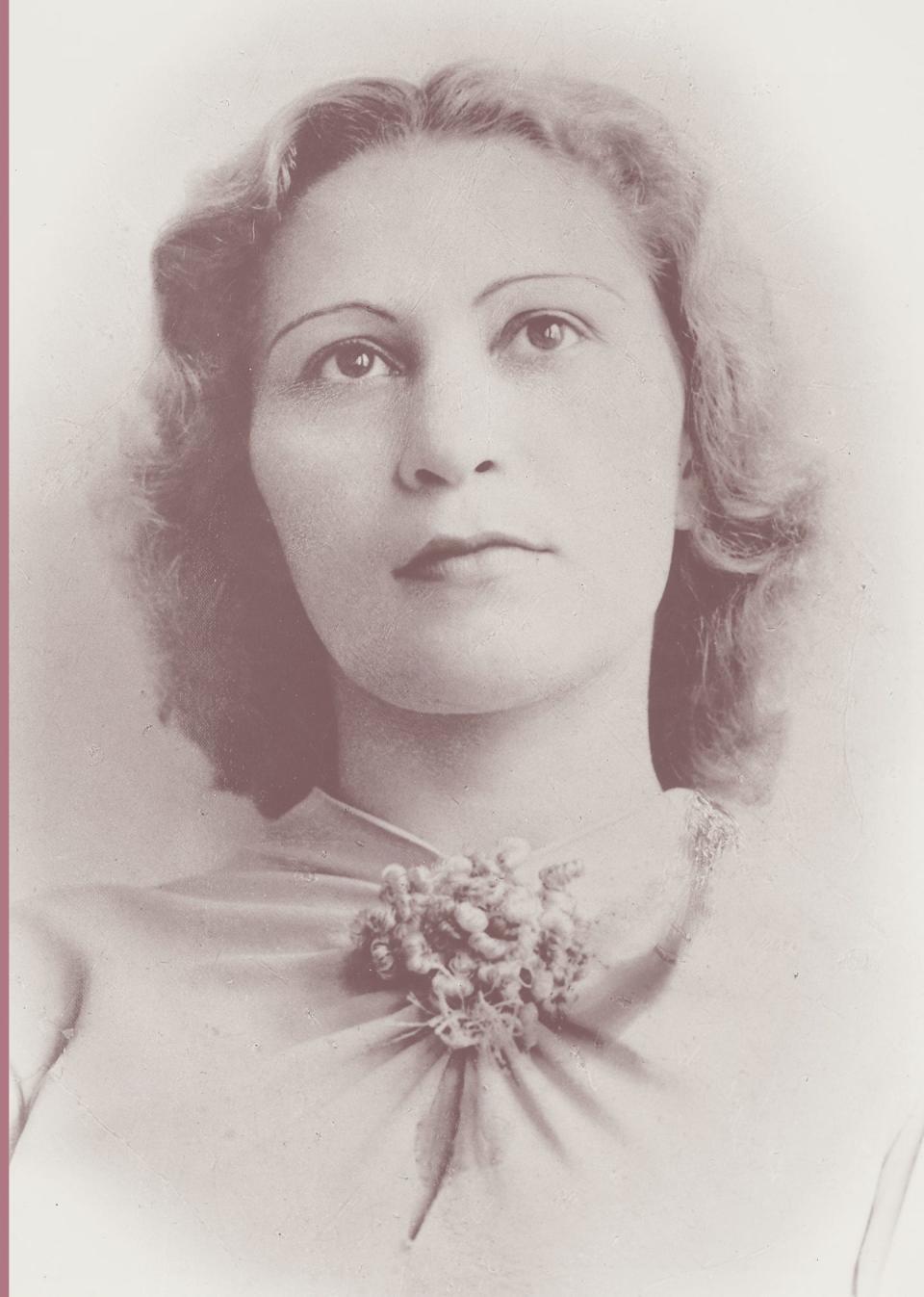
One of Puerto Rico's most emblematic poets, Julia de Burgos established herself as a prominent writer and defender of justice. De Burgos' feminist poetry was ahead of her time, as many Puerto Ricans did not embrace her ideals during the 1930s. Some of her most popular works include Poemas exactos a mí misma (Exact Poems to Myself), Poema en veinte surcos (Poem in Twenty Furrows), Canción de la verdad sencilla (Song of the Simple Truth), and El mar y tú: otros poemas (The Sea and You: Other Poems). De Burgos, considered one of the first people to set forward the cultural Nuyorican (New Yorker and Puerto Rican) movement in New York City, was born in Carolina, Puerto Rico, and died in Harlem, New York.
Barbara Christian
Feminist author, U.S. Virgin Islands
(1943-2000)
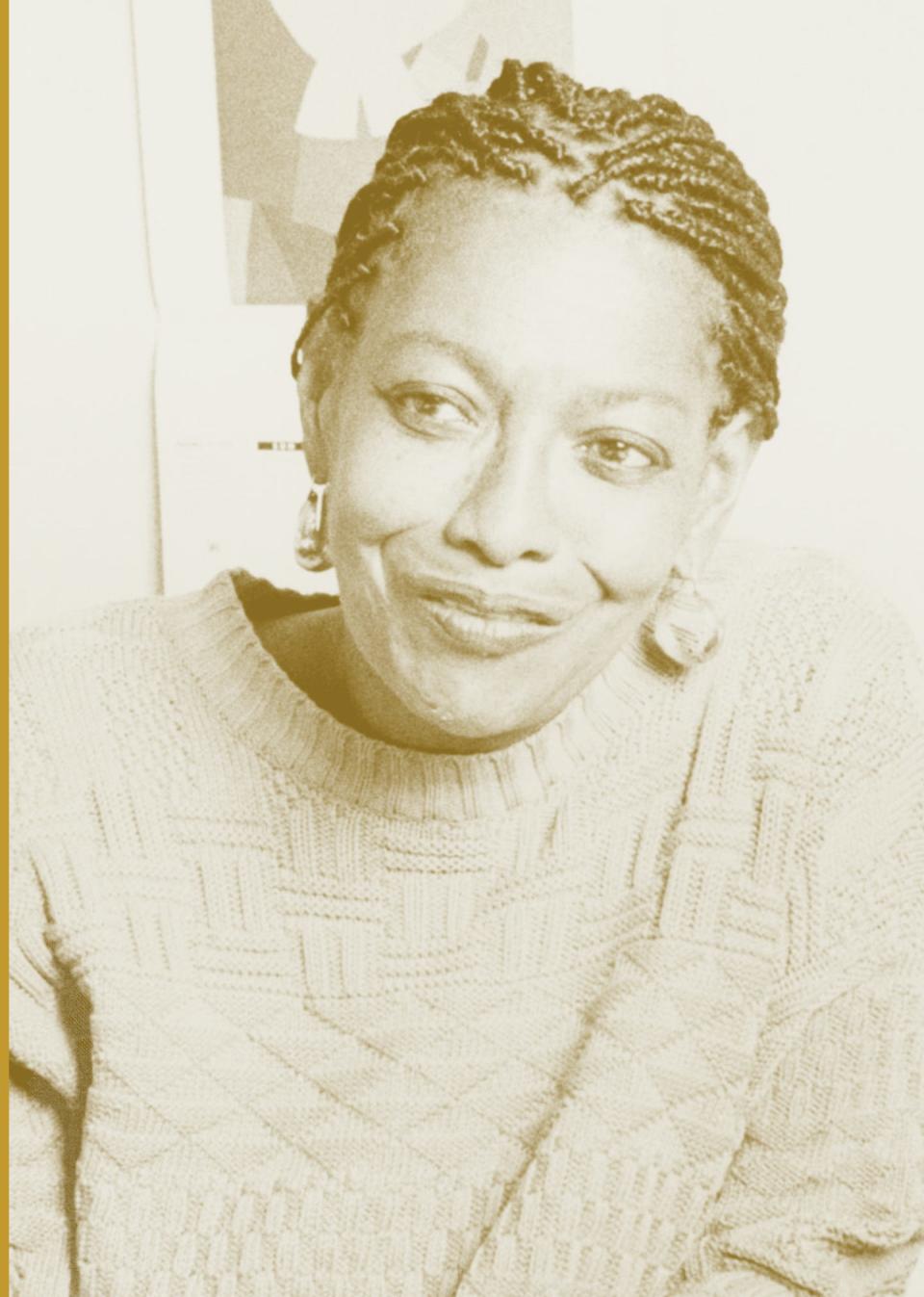
Barbara Christian was born in St. Thomas and would become an acclaimed professor of African American studies at the University of California-Berkeley. She is the author of “Black Women Novelists: The Development of a Tradition” and “Black Feminist Criticism: Perspectives on Black Women Writers.” Her work was focused primarily on Black women's writings and feminist theory, and she is a pioneer in the area where literature, race and feminism meet. In 1991, she was the first African American to receive Berkeley’s Distinguished Teaching Award.
Cecilia Cruz Bamba
Politician, Guam
(1934-1986)
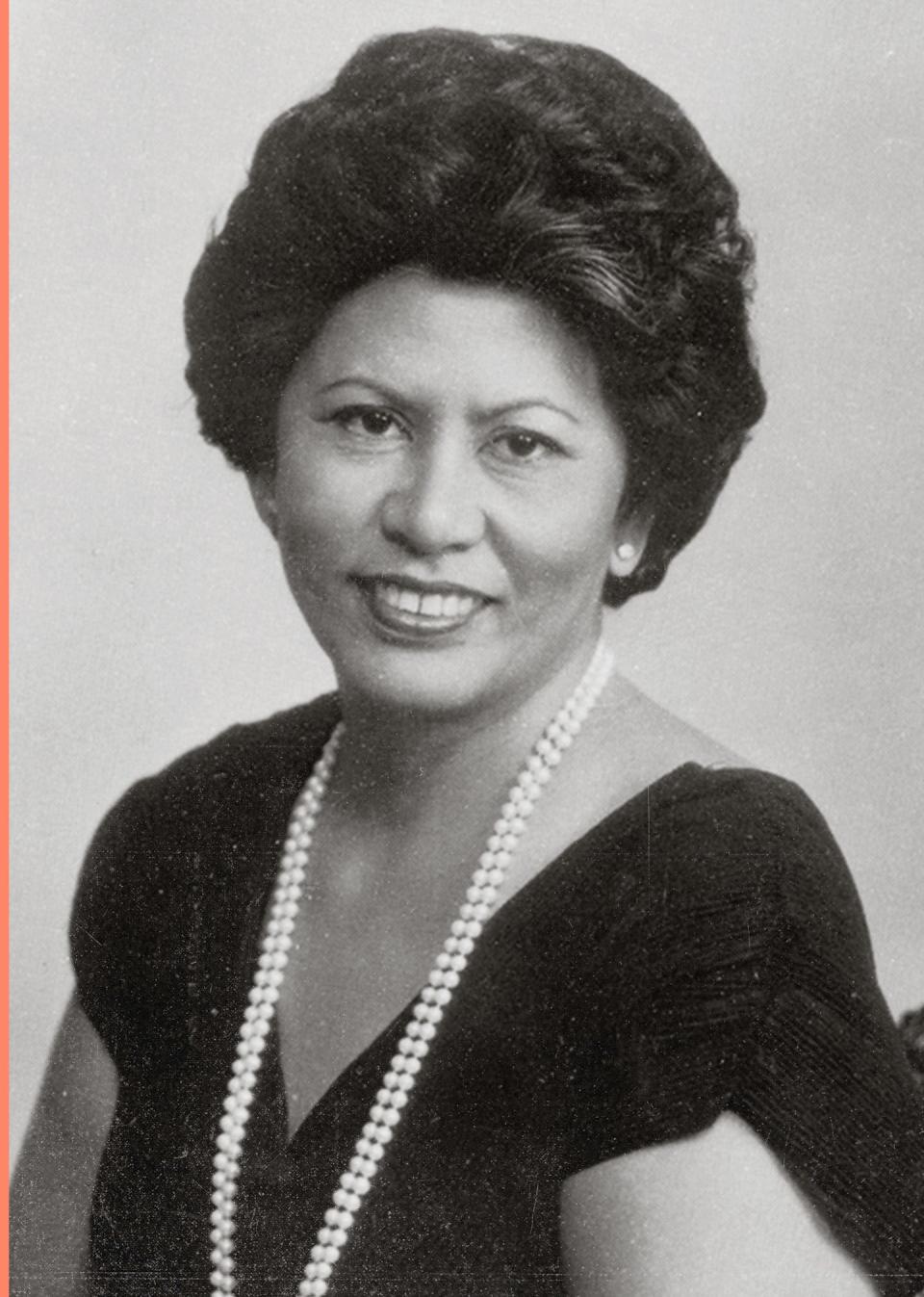
Orphaned during the Japanese occupation of Guam in World War II, Cecilia Cruz Bamba married at 16 and had 10 children. She was elected to the Guam Legislature in 1978 and became involved in the quest for war reparations. She was the first Indigenous woman from Guam to testify before Congress about wartime atrocities, and she lobbied for a land claims act to compensate Guam landowners whose property was taken by the U.S. military after the war. She also managed a business and was involved in community organizations.
Isolina Ferré Aguayo
Humanitarian, Puerto Rico
(1914-2000)
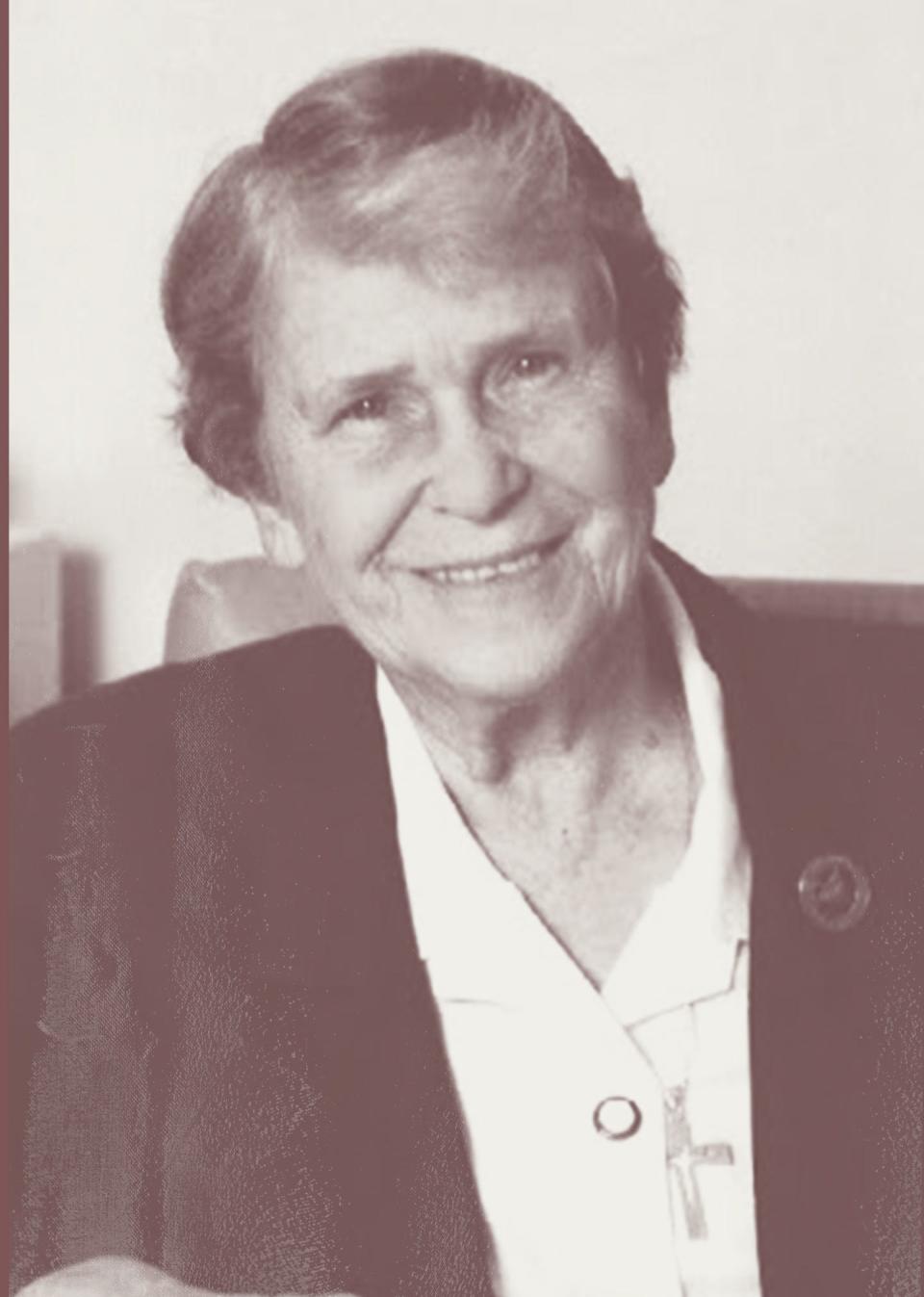
Isolina Ferré Aguayo, known as the "Angel of Ponce Beach," was born into one of the wealthiest families in Puerto Rico. At 21, she joined the Missionary Servants of the Most Blessed Trinity in Philadelphia. In 1957, Sister Isolina went to work at the Doctor White Community Center in Brooklyn, where she offered to be a mediator between African American and Puerto Rican gangs. She founded the Centros Sor Isolina Ferre, a collection of community service centers, clinics and programs to empower the poor in Puerto Rico, New York and Appalachia. In 1999, Ferré was awarded the Presidential Medal of Freedom.
Beatrice Flores Emsley
Human rights activist, Guam
(1929-1995)
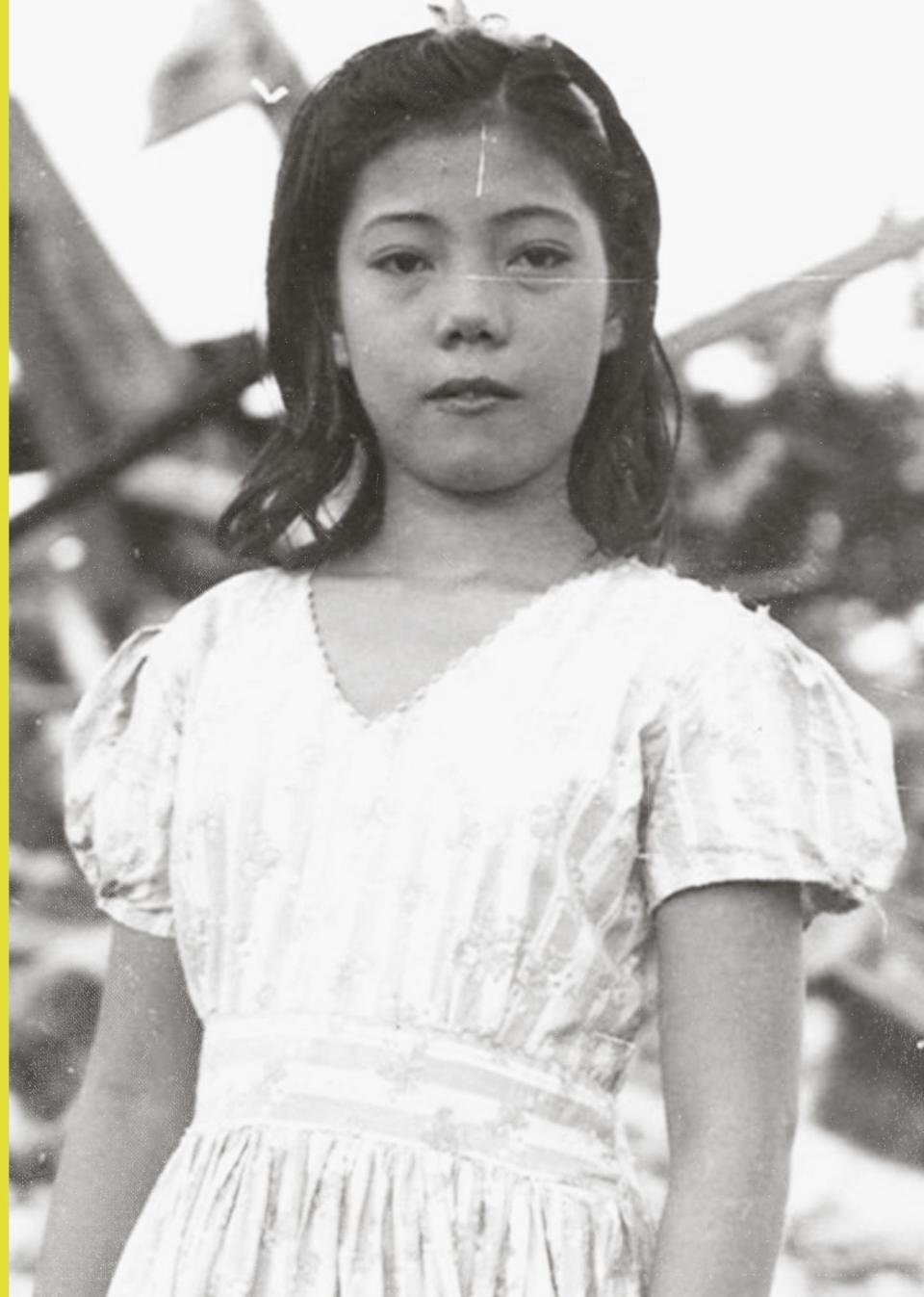
At 14, Beatrice Flores Emsley survived an attempted beheading by a Japanese soldier during a wartime massacre in July 1944. After watching the mutilation and murder of her companions, she was tossed in a shallow grave and left for dead. She crawled out of the grave and eventually received medical help from the Americans. Almost a half-century later, in 1993, she showed her scars to members of Congress as she pleaded for war reparations for the people of Guam, who as American nationals endured a brutal enemy occupation for 2½ years.
Tulsi Gabbard
Politician, American Samoa
(1981- )
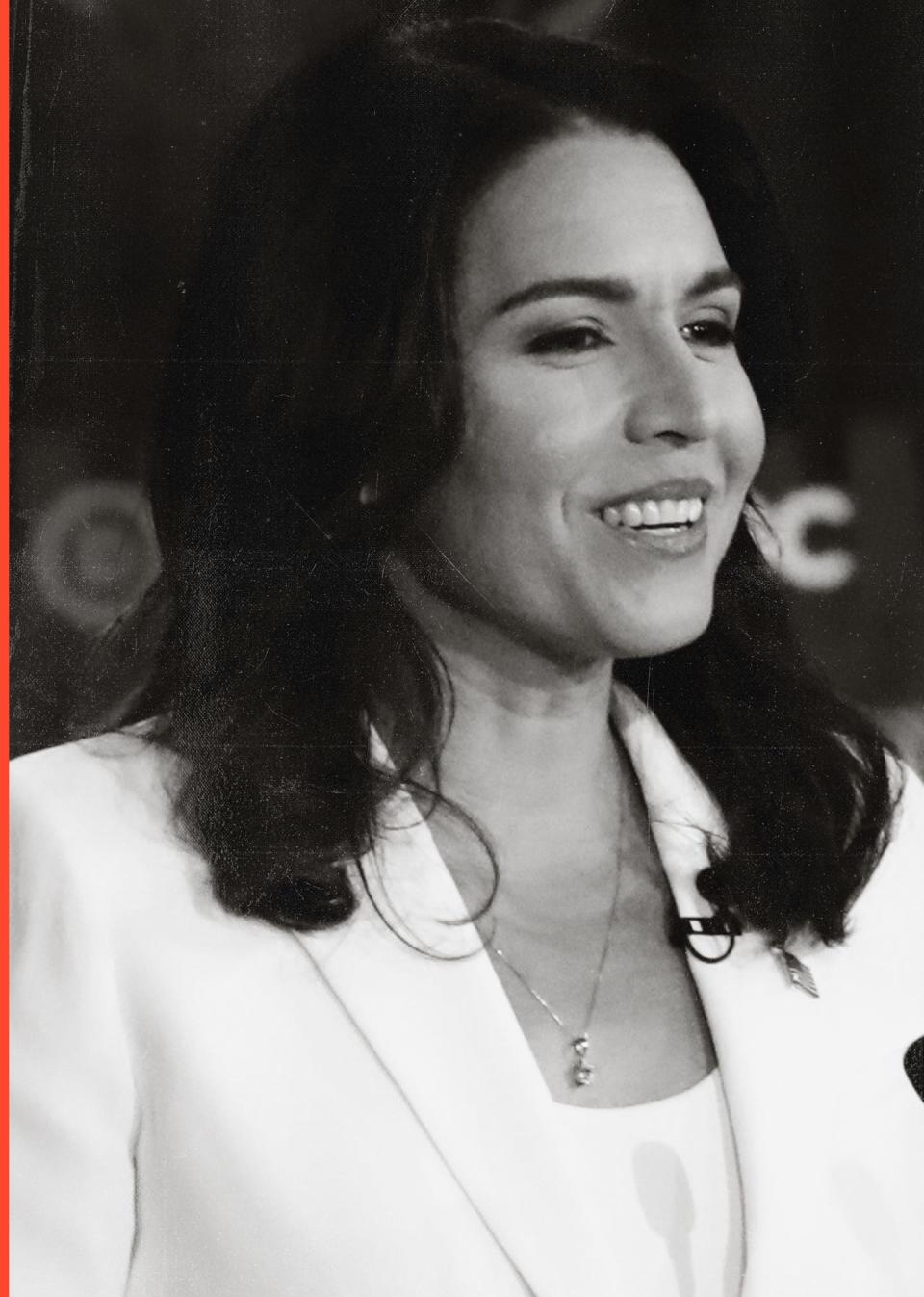
Born on Tutuila, the main island of American Samoa, Tulsi Gabbard and her family moved to Hawaii when she was 2. Since 2002, she has represented Hawaii’s 2nd Congressional District in the House of Representatives. She is the first Hindu to be elected to Congress, as well as the first Samoan-American voting member. In 2003, Gabbard enlisted in the National Guard, serving a 12-month tour in Iraq. She later served a 12-month tour in Kuwait. In 2013, she received the John F. Kennedy New Frontier Award on behalf of her advocacy for veterans. She became the first female combat veteran to run for president when she joined the Democratic primary in 2019.
Agueda Iglesias Johnston
Educator, civil rights activist, Guam
(1892-1977)
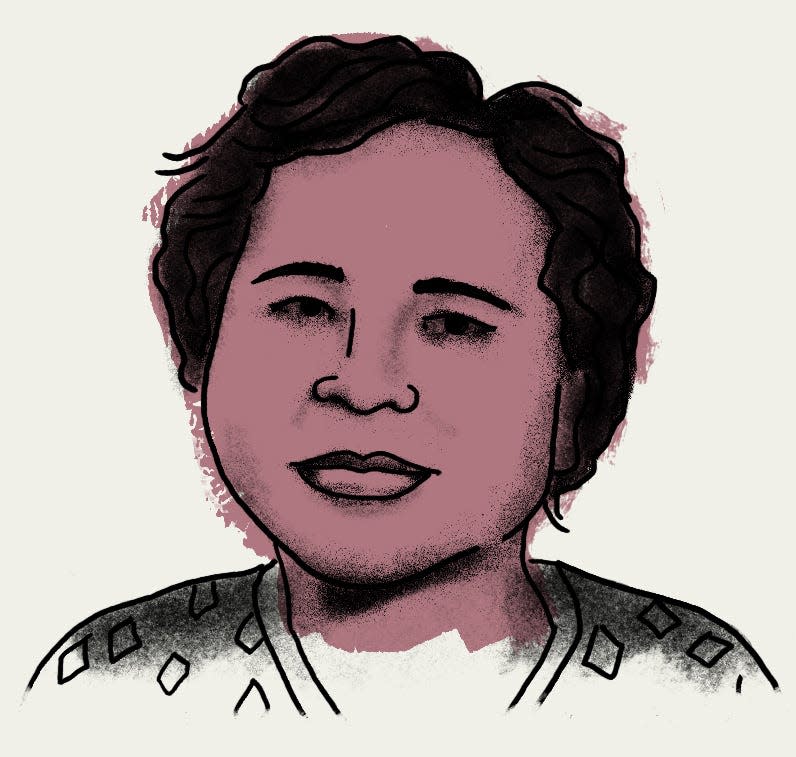
Educator and community leader Agueda Iglesias Johnston became a schoolteacher in 1907 at 15 and was later principal of the island’s first high school. After World War II, she became the superintendent of secondary education on the island. She was one of the organizers of the Girl Scouts of Guam, and she served as the first president of the Guam Girl Scout Council in 1947. She was on the Guam Board of Education and was a founder of the Guam Women’s Club.
Myrah Keating-Smith
Nurse and midwife, U.S. Virgin Islands
(1908-1994)
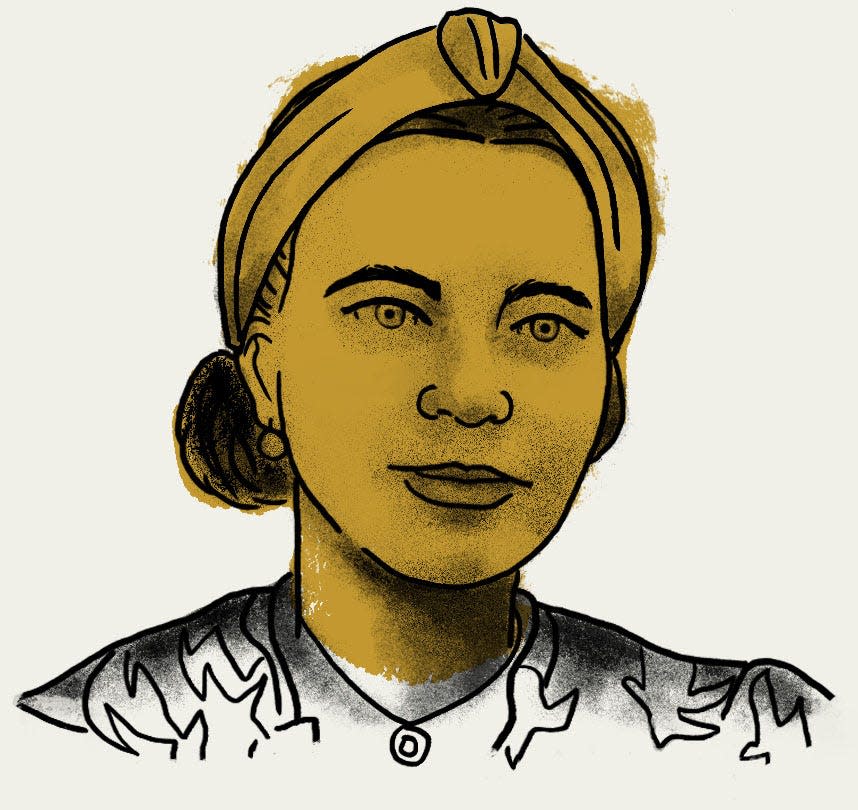
Born in St. Thomas, Myrah Keating-Smith was the only health provider in St. John for over two decades. She moved to the U.S., more than 2,000 miles away from her homeland, to continue her studies. She graduated with a degree as a registered nurse and midwife with an emphasis in surgical nursing, and returned to the island in 1931 to begin her nursing career. In 1983, the Myrah Keating-Smith Community Health Center of St. John was named in her honor.
Sandra King-Young
Director, American Samoa Medicaid, American Samoa
(1969- )
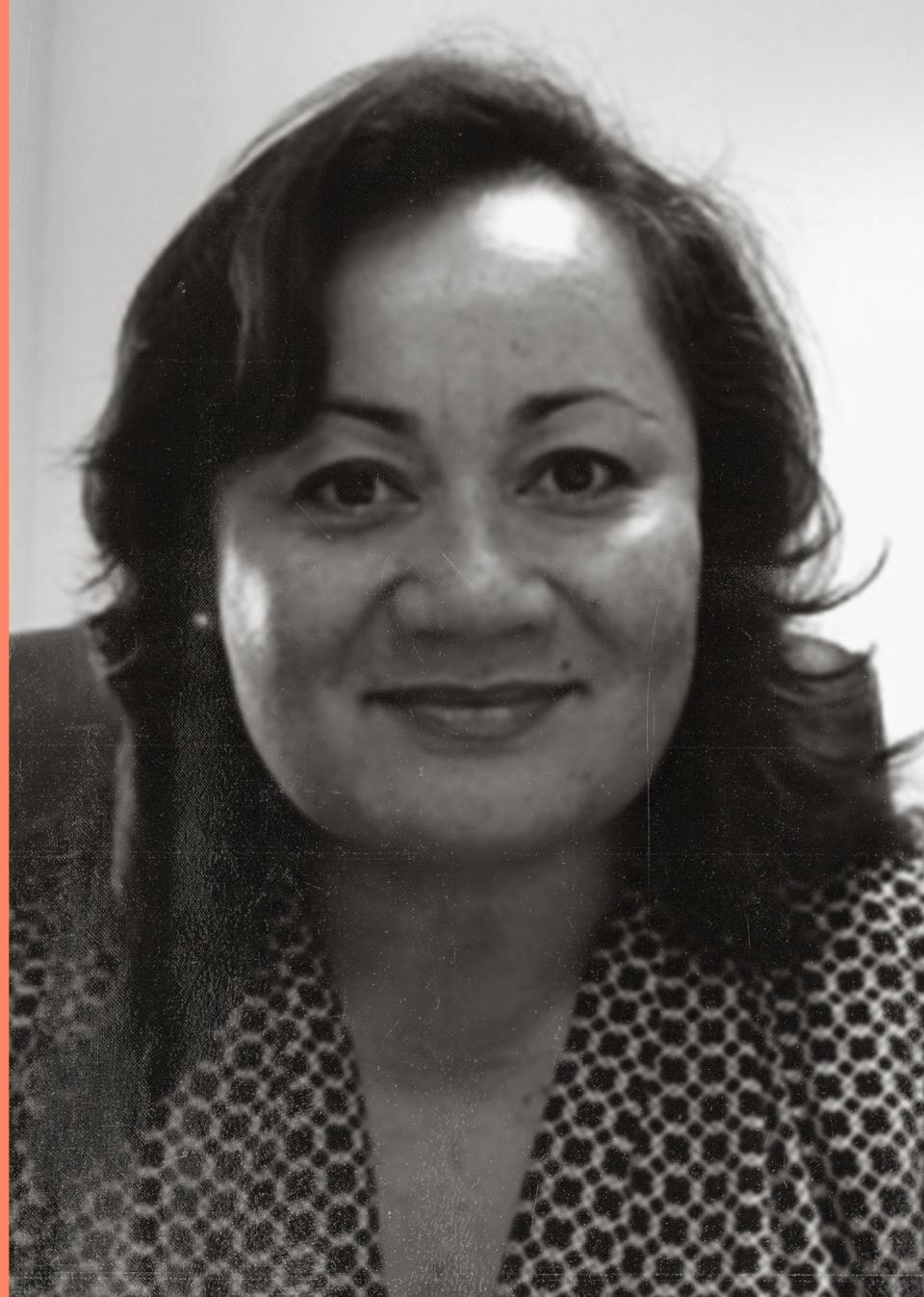
The director of Medicaid in American Samoa since 2013, Sandra Salevasaosamoa King-Young has worked her entire career to help people on the island access health benefits and better education. Prior to her Medicaid role she was the founder and executive director of Pacific Island Center for Educational Development, a nonprofit that worked directly with parents – or the “first teachers” as they called them – to help prepare children for the SATs and college, while providing mentorship to students. A graduate of George Washington University Law School, she also spent 10 years working in Washington, D.C. In 1999, President Bill Clinton appointed her Deputy Director of the Office of Insular Affairs in the U.S. Department of Interior; at the time, it was the highest position a native Samoan had ever held in the executive branch. Born in Samoa, she was raised, and continues to live with her family, in American Samoa.
Monica Puig Marchán
Olympic gold medalist, Puerto Rico
(1993- )
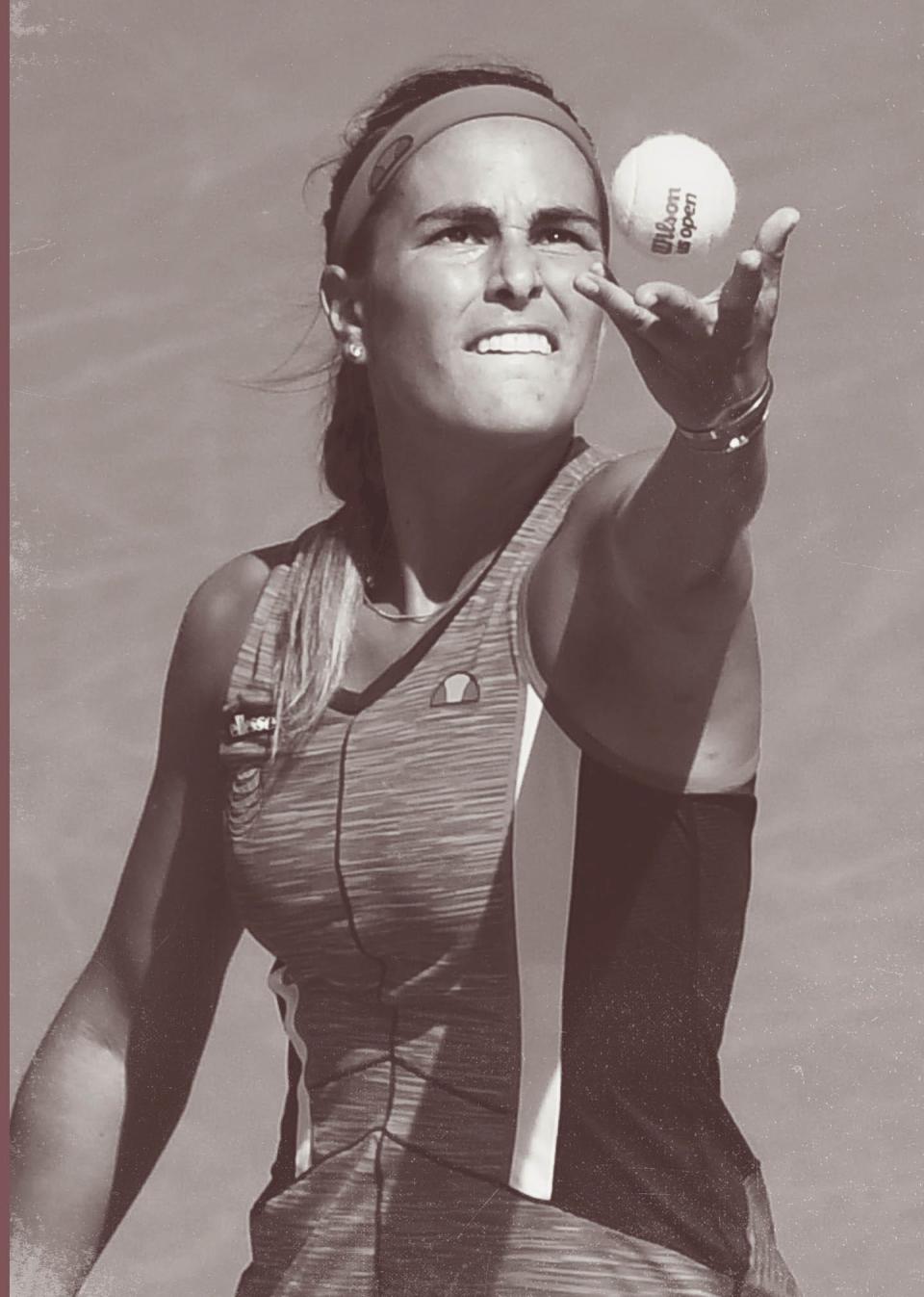
Puerto Rico roared the day Monica Puig Marchán won the island its first Olympic gold medal. Puig defeated Angelique Kerber at the 2016 Rio Olympics in the women's tennis singles finals. The tennis champion also won the Women’s Tennis Association title at Strasbourg in 2014, as well as the bronze medal at the 2015 Pan American Games. Puerto Ricans popularized the hashtag #PicaPower, her motto derived from the verb "picar" (to break) in Spanish, during her rise to the final game in the 2016 Olympics. “I will continue to represent Puerto Rico with the same pride in every tournament and every event," she said.
Rita Moreno
Emmy, Grammy, Oscar and Tony award winning artist, Puerto Rico
(1931- )

Rosa Dolores Alverio, better known as Rita Moreno, moved to New York from Humacao, Puerto Rico, when she was 5 in what would be the start of a successful acting career. Moreno’s role as Anita in West Side Story made her the first Latina to receive an Oscar. She is also one of the 16 people to win an EGOT, the four major North American entertainment awards: Emmy (for "The Rockford Files"), Grammy ("The Electric Company Album"), Oscar ("West Side Story"), and Tony ("The Ritz"). Moreno is known for her work in inspiring children in the Latino community through her appearances in shows such as "Sesame Street" and "One Day at a Time." Moreno is also a civil rights activist who attended the March on Washington in 1963.
Antonia Novello
Former U.S. surgeon general, Puerto Rico
(1944- )
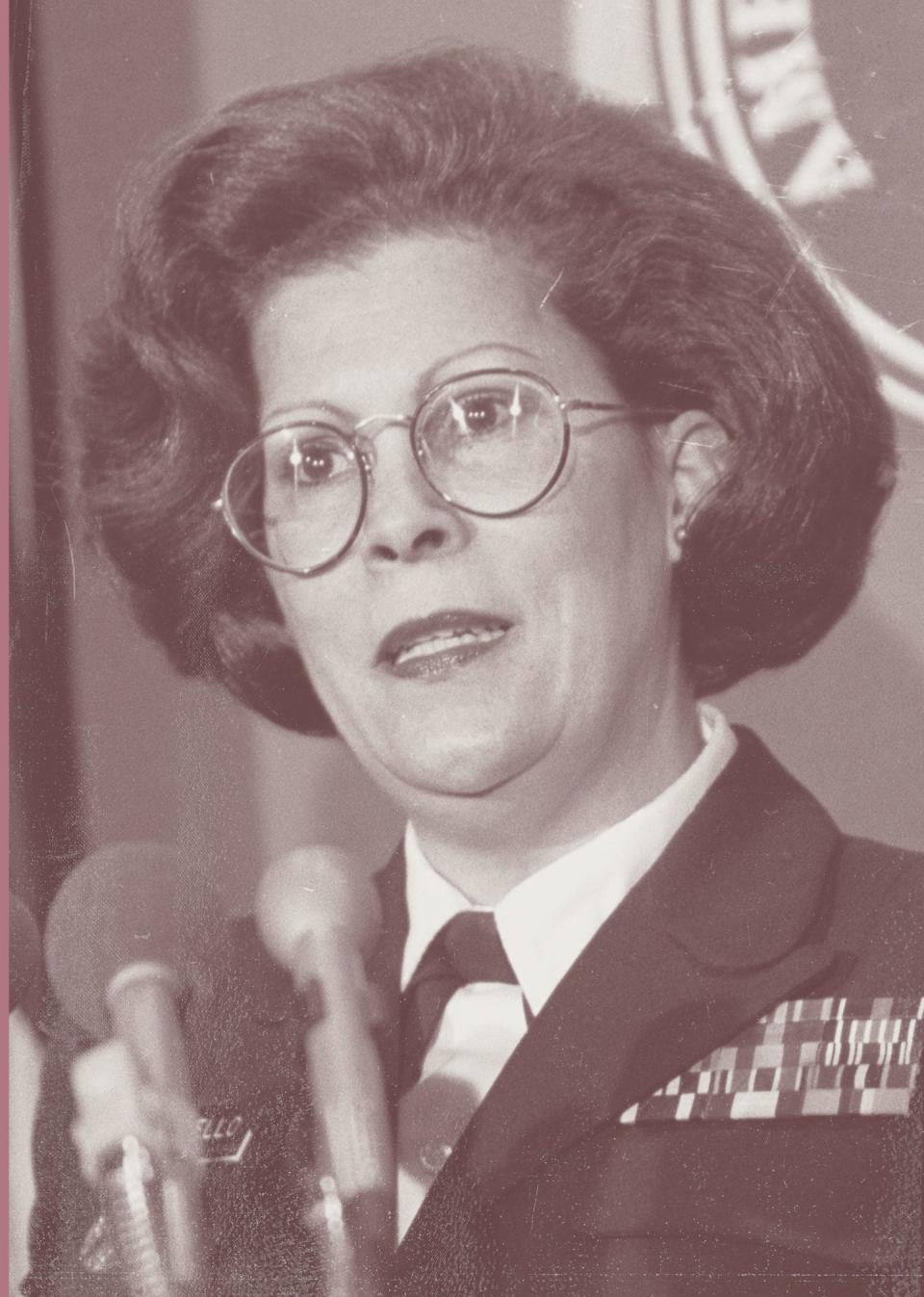
In 1990, Antonia Novello was appointed surgeon general of the United States by President George Bush, becoming the first woman, and the first Hispanic, to hold that position. As surgeon general, Novello focused on women with AIDS and neonatal transmission of HIV. She raised national awareness in the medical profession about the domestic violence epidemic in America, and worked to elevate public consciousness about underage drinking and alcohol abuse. After serving as surgeon general, Novello was a special representative to the United Nations Children's Fund from 1993 to 1996, where she expanded her efforts to address the health and nutritional needs of women, children and adolescents.
Ivy Queen
Reggaetón artist, Puerto Rico
(1972- )
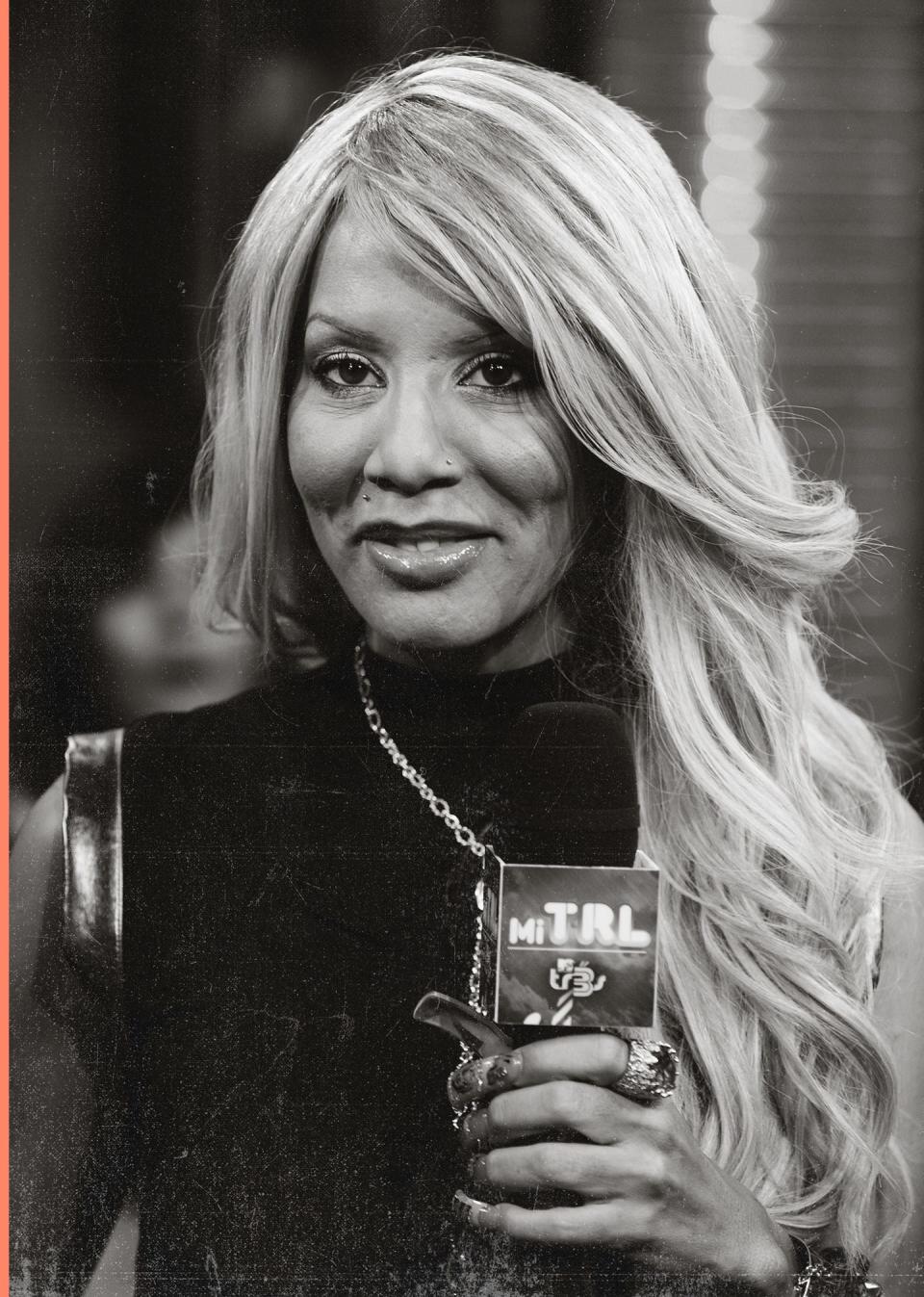
Born Martha Ivelisse Pesante Rodríguez, Ivy Queen is known as reggaetón’s leading female artist after breaking the gender barriers of the male-dominated genre in the late 1990s. Her songs are empowering for women, especially for those living in environments where machismo is present in everyday situations. The Puerto Rican star helped pave the way for other Latina artists, such as Natti Natasha, Becky G and Karol G, to have their spot in today’s reggaetón scene.
Ana Irma Rivera Lassén
Lawyer, politician, Puerto Rico
(1955- )
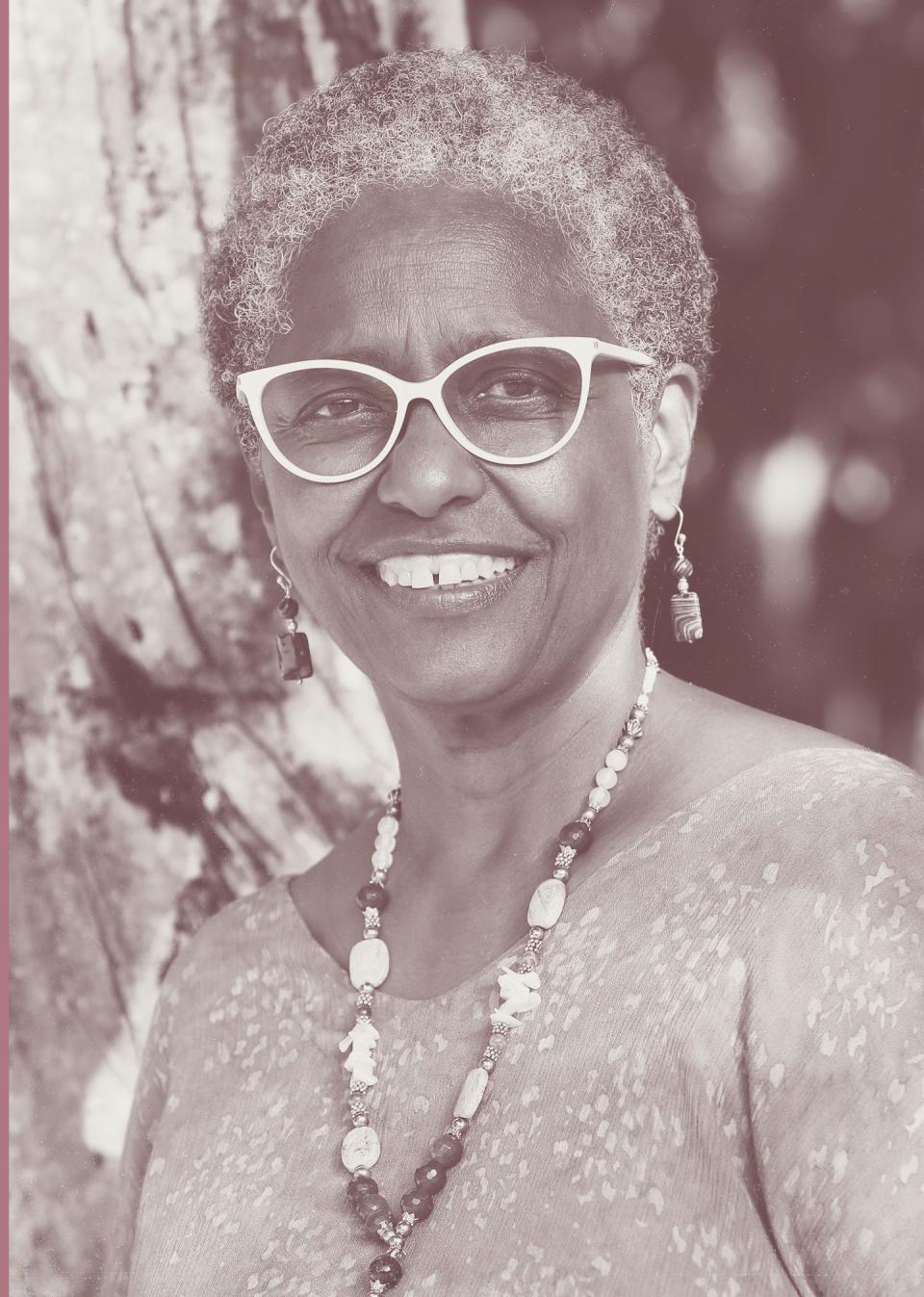
Ana Irma Rivera Lassén was the first Black woman and the first lesbian to head the Bar Association of Puerto Rico. Rivera Lassén was born in the vibrant sector of Santurce, Puerto Rico. In 1981, when Rivera Lassén was 26, she sued a judge and won after he refused her entry into court when she wore pants instead of a dress or skirt. Rivera Lassén is currently running for senator under "Movimiento Victoria Ciudadana" (The Citizen’s Victory Movement) in Puerto Rico, where she focuses on eradicating homophobia, racism and sexism on the island.
Ruby Rouss
(1921-1988)
Senator, U.S. Virgin Islands
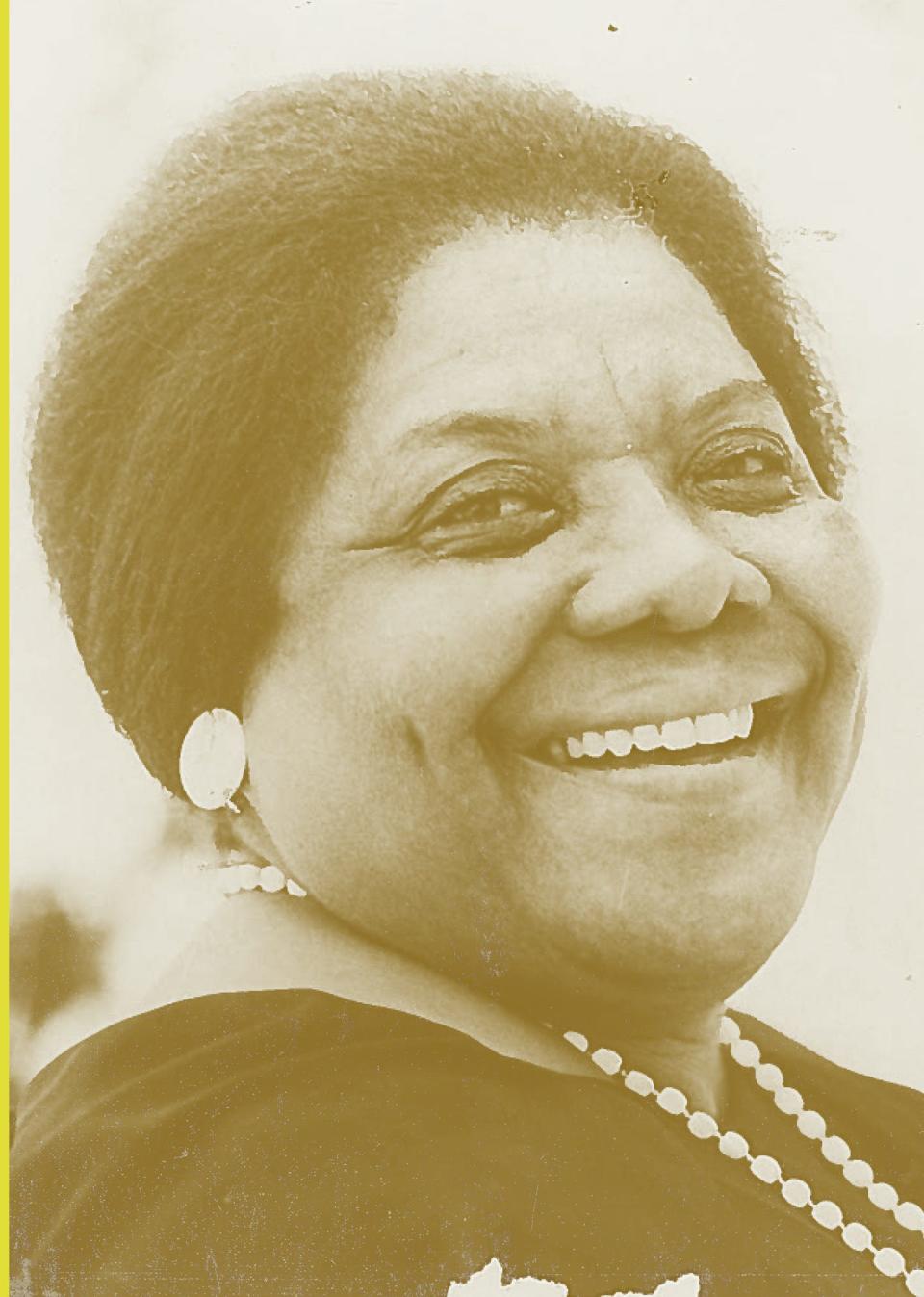
Ruby Rouss was born in Christiansted, St. Croix, and moved to New York City when she was 15. Rouss won a seat in the Legislature of the Virgin Islands as the first elected woman senator when she moved back to the island. In 1943, she also became the first woman from the Virgin Islands to join the Women’s Army Corps. Rouss also became the first Black woman to be assigned to Gen. Dwight Eisenhower’s headquarters at Supreme Headquarters Allied Powers Europe in 1951.
Carla Minet Santos Santiago
Executive director of the Center for Investigative Journalism, Puerto Rico
(1978- )
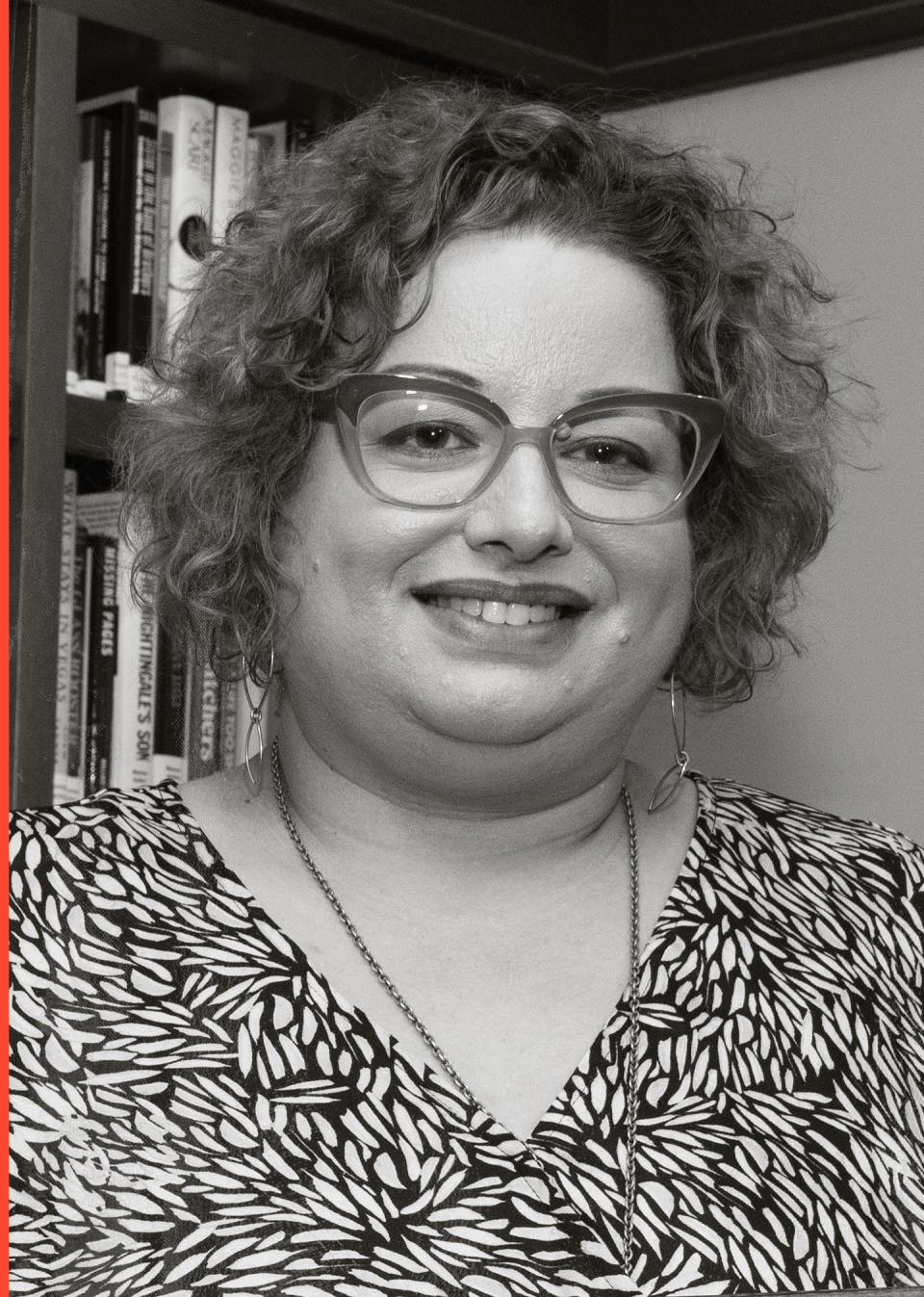
Under Carla Minet's editorial leadership, the Center for Investigative Journalism in Puerto Rico has not only become a trusted publication, but an agent of change. In 2019, Santos Santiago and her team published a report about leaked chat messages between the then-governor of Puerto Rico, Ricardo Rosselló Nevares, and other members of his administration. The messages, which revealed how government officials were misallocating funds and making fun of Puerto Rico’s dead after Hurricane Maria, led to massive citizen protests. Eleven days later, Rosselló announced his resignation. The publication also won numerous awards for the investigation that challenged the official toll of Puerto Rico’s dead after Hurricane Maria.
Caroline Sinavaiana Gabbard
Professor, American Samoa
(1946- )
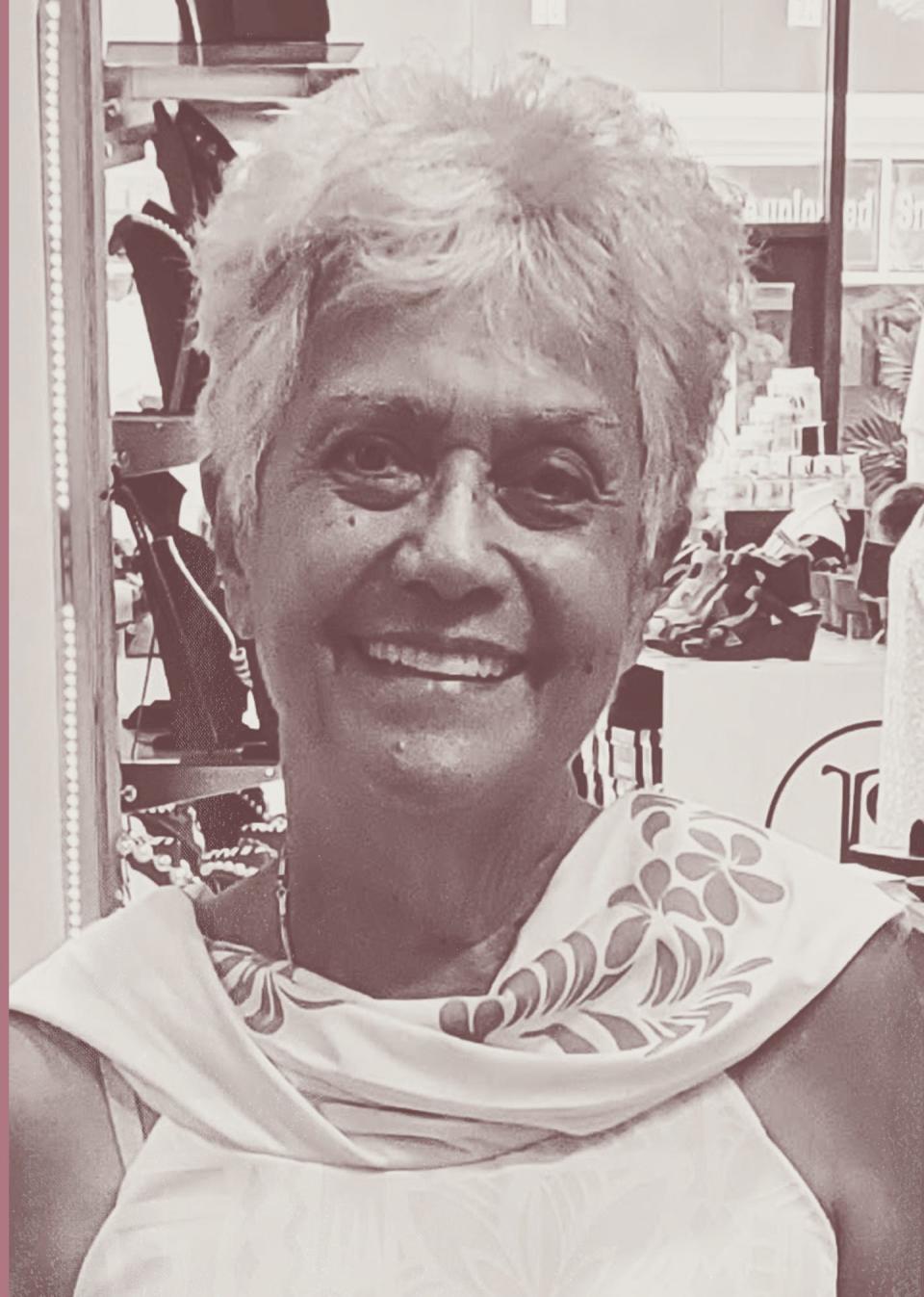
A scholar, poet, activist and environmentalist, Caroline Sinavaiana Gabbard was the first person of Samoan ancestry to achieve the highest academic ranking (full professor) in the United States. She taught creative writing and Pacific literature for nearly 20 years at the University of Hawaii in Honolulu. An accomplished author who has written both academic and non-academic books, her poetry collection, “Alchemies of Distance” published in 2002. In academia, she focused primarily on Samoan/Pacific Islander literature, mythologies and folklore and how those texts help ancient traditions and wisdom be passed on to the present day. Additionally, in the early 90s, she founded the first environmental nongovernmental organization in American Samoa. She is Tulsi Gabbard's aunt.
Nilita Vientós Gastón
First female lawyer to work for the Puerto Rico Department of Justice, Puerto Rico
(1903-1989)
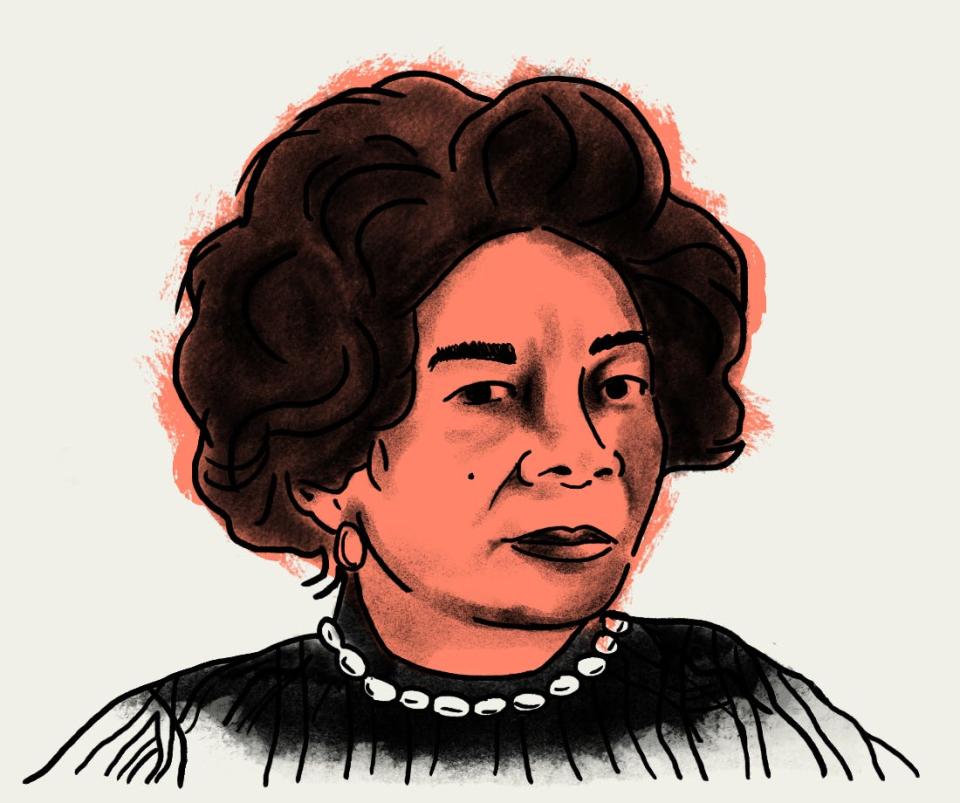
Nilita Vientós Gastón was the first woman lawyer to work in the Department of Justice in Puerto Rico. In 1965, as assistant attorney general, she represented the people of Puerto Rico before the Supreme Court in the language lawsuit that guaranteed the use of Spanish in cases covered in the courts of the island. Vientos Gastón also became the first female president of the Puerto Rican Athenaeum, which is the island’s main institution for cultural activities. Vientos Gastón also was a prominent writer. Her work was published across numerous newspapers and magazines in Puerto Rico and Latin America.
Ramona Villagomez Mangloña
District Court judge, Commonwealth of the Northern Mariana Islands
(1967- )
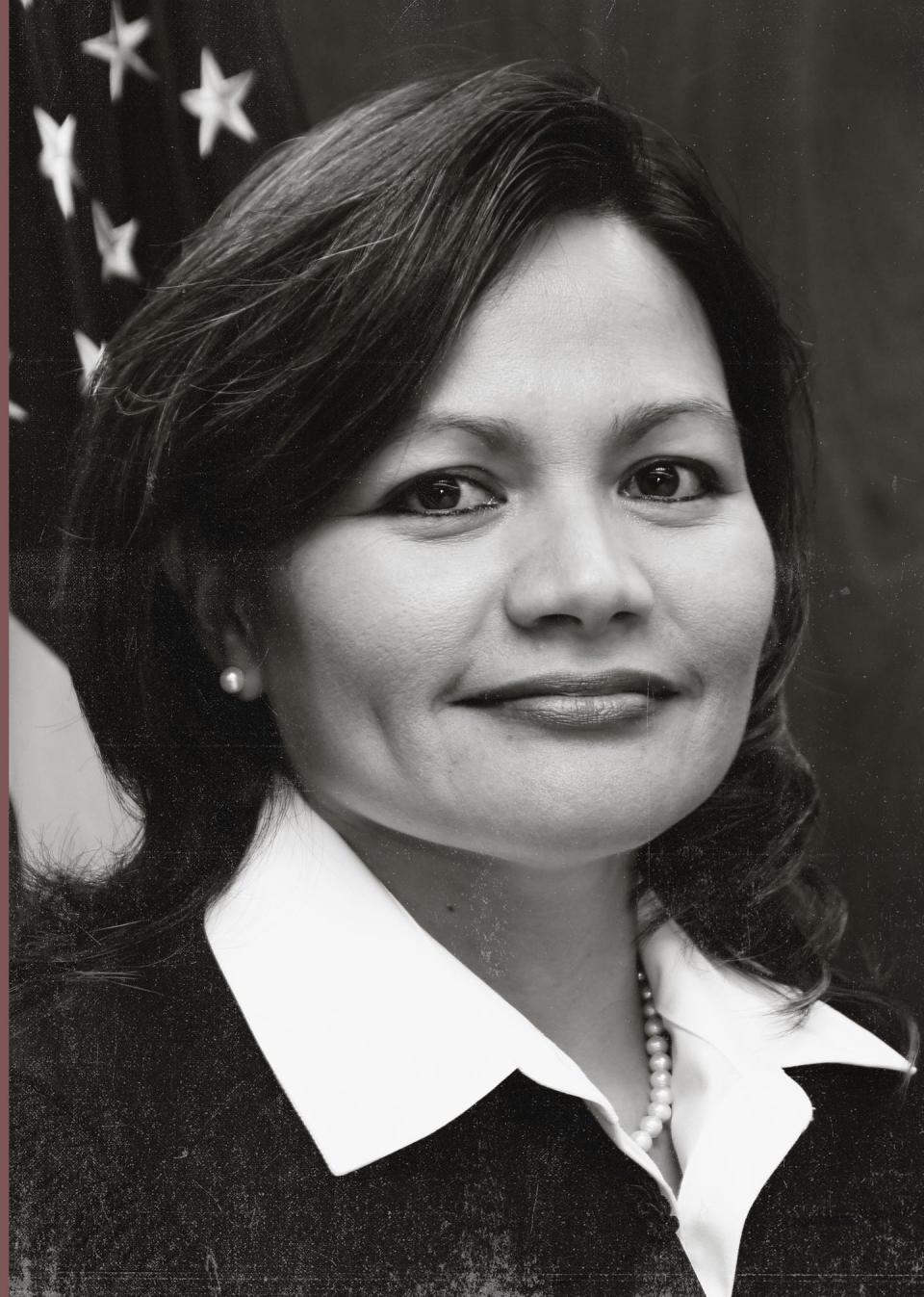
Ramona Villagomez Mangloña serves as chief district judge for the District Court of the Northern Mariana Islands. In 2011, she became the first person from the Commonwealth of the Northern Mariana Islands to be appointed to a federal court. Prior to her appointment, she was a Superior Court judge. In 2002, she became the first female attorney general for the Commonwealth of the Northern Mariana Islands. She graduated with honors from the University of New Mexico School of Law in 1996, and from the University of California-Berkeley in 1990.
More coverage
Women of the Century: They didn’t succeed despite adversity, but often because of it
50 states: Learn about notable women from every state
Who is your Woman of the Century?: Let us know
Recognizing women past and present: See all of our coverage
Contributing: Dana Williams
Sources used in the Women of the Century list project include newspaper articles, state archives, historical websites, encyclopedias and other resources.
Correction: An earlier version of this story included a photo incorrectly identifying Monica Puig Marchán. Her photo has been updated.
This article originally appeared on USA TODAY: Women of Century U.S. territories: Politicians, activists on list

